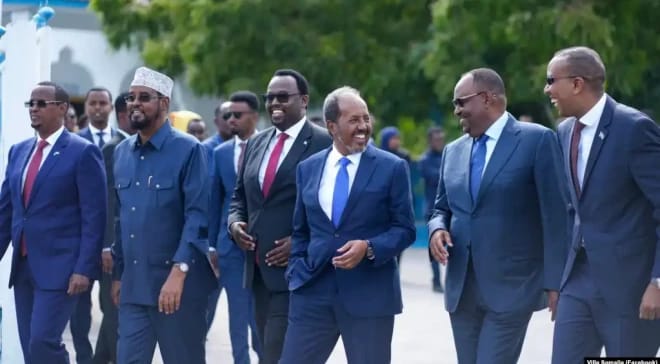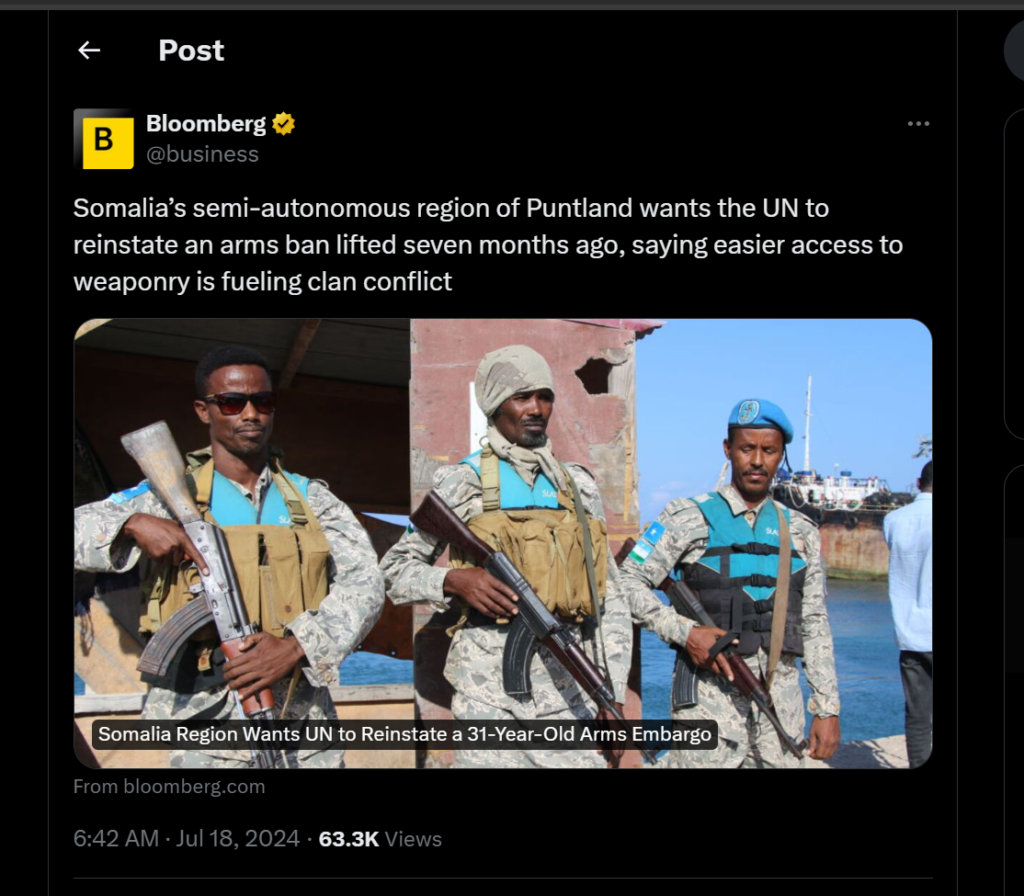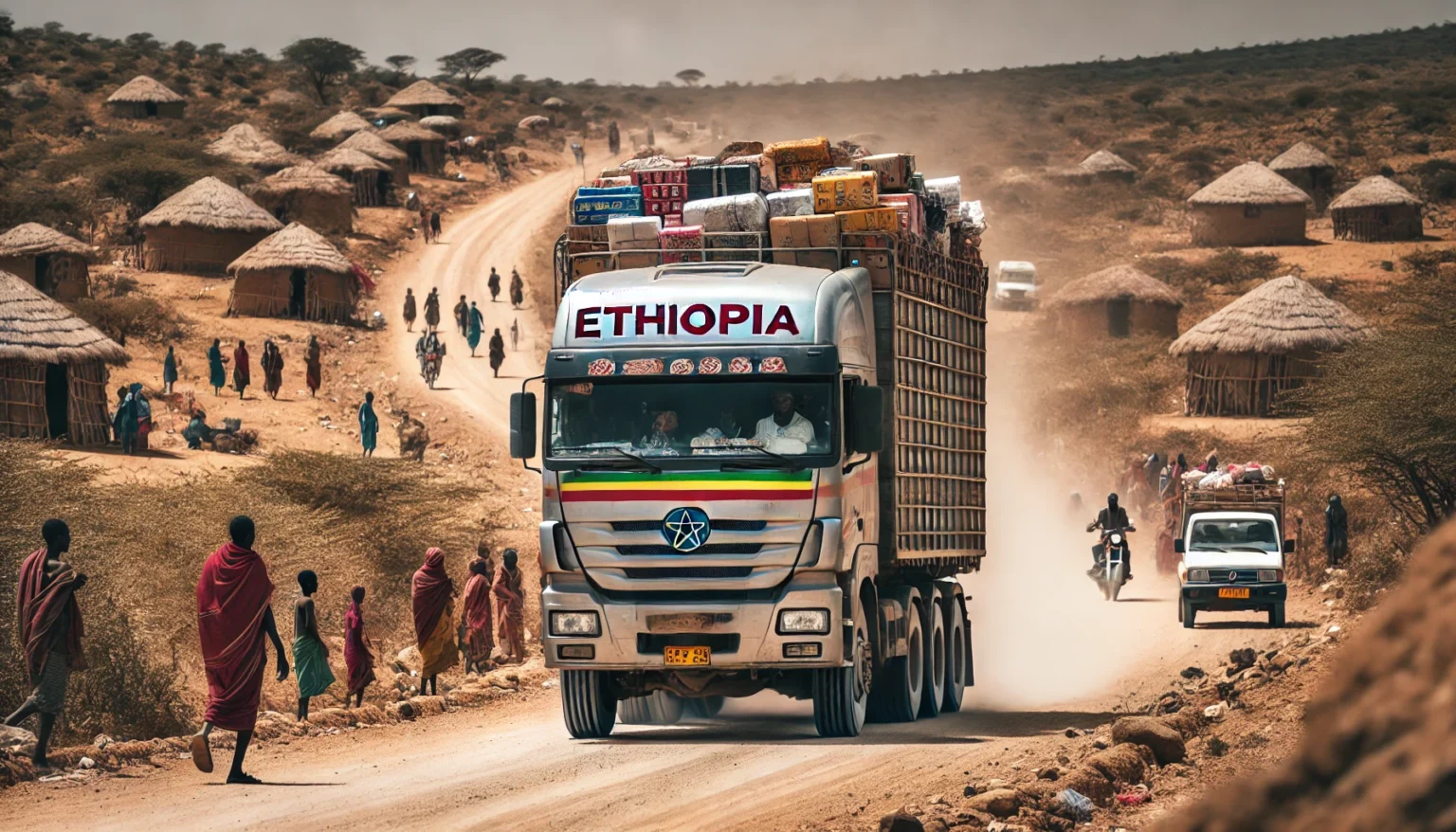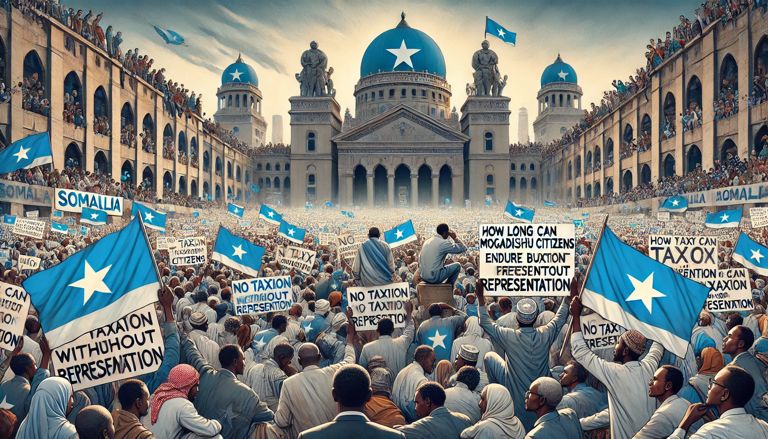The Role of Parliament in Ministerial Oversight. Legal Arguments Based on the Somali Constitution In the governance of Somalia, the balance of power between the legislative and executive branches is critical for stability and effectiveness. The Federal Republic of Somalia’s Provisional Constitution provides a legal framework that defines each branch’s specific roles and limitations. This balance is essential for the government to function properly and avoid conflict between branches. A key area where this balance is often tested is in the oversight of ministers. While Parliament is granted oversight responsibilities, it must remain mindful not to infringe upon the executive’s…
Author: Abdullahi M Hassan (Abdullahi Yabarow)
The NCC: The Only Forum for Deni’s Dialogue with the Federal Government
A Critical Response to the Claims Against Villa Somalia The article presents a highly controversial view against Villa Somalia, accusing it of orchestrating a deliberate campaign to weaken Puntland’s autonomy and prosperity. However, upon closer inspection, the argument is riddled with significant flaws, including a reliance on unverified claims and a misunderstanding of the federal dynamics involved. This response seeks to break down these points and offer a more balanced view of the matters under consideration. Mischaracterization of Federal Responsibilities: The article claims that Villa Somalia is launching an “all-out war” against Puntland by centralising control, particularly in the education…
“Somalia Ethical Failures in Politics: Bribery and Election Manipulation of MPs and Senators” Somalia Ethical Failures in Politics The election of Members of Parliament (MPs) and Senators in Somalia has been marred by corruption, notably the exchange of money for votes. The country’s election system faces several significant issues that compromise its integrity and democratic processes. State leaders frequently display bias in the nomination and appointment of senators and MPs, favouring individuals who support their personal or political agendas, thereby undermining the principle of fair representation. Biased appointments are intensified by senators and MPs paying state leaders to secure their elections,…
Premature Election Bill in Mogadishu: A Constitutional Violation The Somali Provisional Constitution establishes detailed federal system, including specific guidelines for the administration of its capital, Mogadishu. Article 9 of the Constitution requires that the precise status and governance of Mogadishu be defined by a separate law to be created by Parliament. The recent approval of an election bill by the Council of Ministers brings significant legal issues into question. Additionally, Parliament must ensure that there is an established Banadir State to engage in negotiations with its authorities before legislating on Mogadishu’s status. This negotiation is essential to guarantee that Mogadishu’s governance is consistent with…
Mogadishu city hosts 3-4 million people and serves as Somalia’s political and economic centre. However, despite its substantial contribution to the country’s revenue, the city remains burdened by an antiquated tax system and a federal structure that does not adequately address its distinct requirements. The people of the city are weighed down by taxes that fail to correspond with their economic circumstances, and to make matters worse, they receive very little in return as there is no free education, no healthcare and no substantial infrastructure development. This situation necessitates the establishment of Banadir State, which would offer Mogadishu the much-needed political representation and accountability.
Ethiopia’s Overreach into Somalia: A Breach of Sovereignty and Territorial Integrity Recent developments in the Horn of Africa have sparked significant concerns regarding Ethiopia’s actions and intentions toward Somalia. Ethiopia’s involvement, especially through a newly signed Memorandum of Understanding (MOU) with Somalia’s northwest region, is perceived as a direct violation of Somalia’s sovereignty and territorial integrity. This move is not only provocative but also highlights Ethiopia’s growing ambitions in the region, which have been met with resistance from the Somali government. Response to Ethiopia’s Statement Ethiopia’s criticism of the international community, especially the African Union (AU) and the United Nations (UN),…
Ethiopia’s Landlocked Struggles: Broader Ambitions Beyond Sea Access Threaten Regional Security Ethiopia, a landlocked nation with significant regional influence, has long sought access to the sea to enhance its economic and strategic capabilities. However, under Prime Minister Abiy Ahmed, Ethiopia’s broader ambitions have begun to threaten regional stability. The controversial Memorandum of Understanding (MOU) signed with the Northwest region of Somalia ‘Somaliland’ for establishing a naval base has drawn international condemnation, raising urgent concerns over Ethiopia’s disregard for international law and Somalia’s sovereignty. Although Ethiopia has not yet established the naval base, it has also refused to nullify the MOU,…
Bias in Reporting: Exposing the Clan-Driven Narratives in Somali Politics Recently, the portrayal of Somalia’s political landscape and the dynamics surrounding the UN’s arms embargo has been subject to skewed interpretations. Specifically, Mohamed Omar Ahmed’s articles “Puntland to Operate Independently from Somalia After Law Change” and “Somali Region Wants UN to Reinstate a 31-Year-Old Arms Embargo”, published by Bloomberg, suggest a clan-driven narrative. These narratives are misleading, driven by clan biases, and lack a solid factual foundation. This Article aims to discredit these narratives by presenting a strong argument grounded in the Somali Constitution and the parliamentary processes that uphold…
Ethiopia’s obligations under international law and norms regarding border security and arms smuggling. Ethiopia’s failure to control arms smuggling across its borders, particularly into Somalia, is not merely a regional security issue but a significant breach of various international legal and normative frameworks. This is a matter of grave concern as it undermines the very fabric of international law. However, this rampant armed trafficking also presents an opportunity for positive change. We can significantly reduce conflict and instability in Somalia by addressing this issue and upholding the United Nations Charter, African Union (AU) principles, and broader international law. The persistent insecurity…
How Far Can Mogadishu Citizens Bear the Tax Burden in Somalia Without Representation? The principle of “no taxation without representation” has over the years been a fundamental element of democratic governance which emphasizes that citizens need to have a voice on imposition as well as the utilization of the taxes paid. In Somalia, especially in Mogadishu, this principle is being challenged as residents shoulder a substantial share of the national tax burden without corresponding representation in the process of making decisions. This article highlights the implications of this disparity and the potential consequences for governance and social stability in Somalia.…





